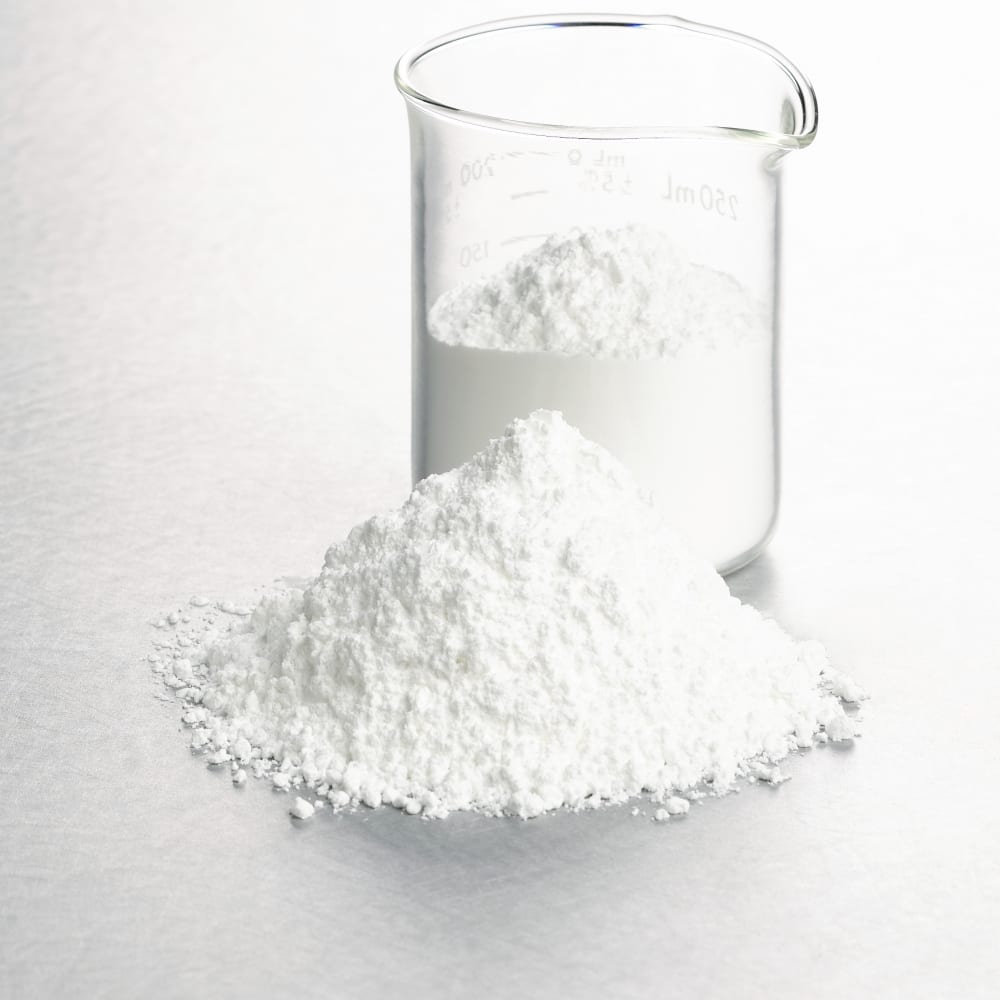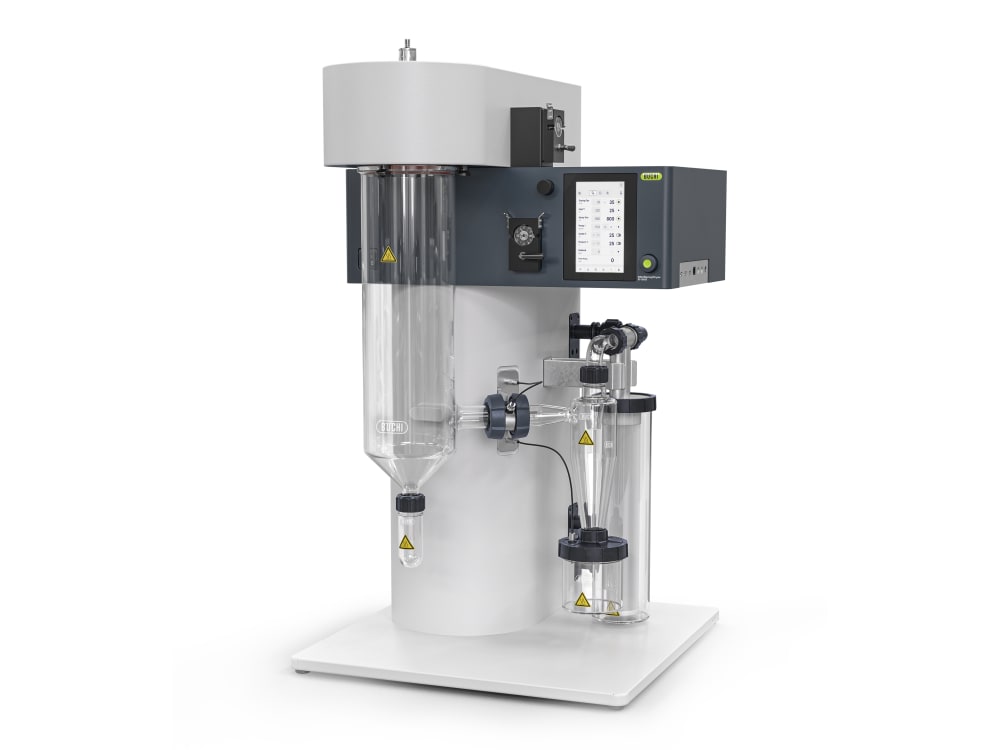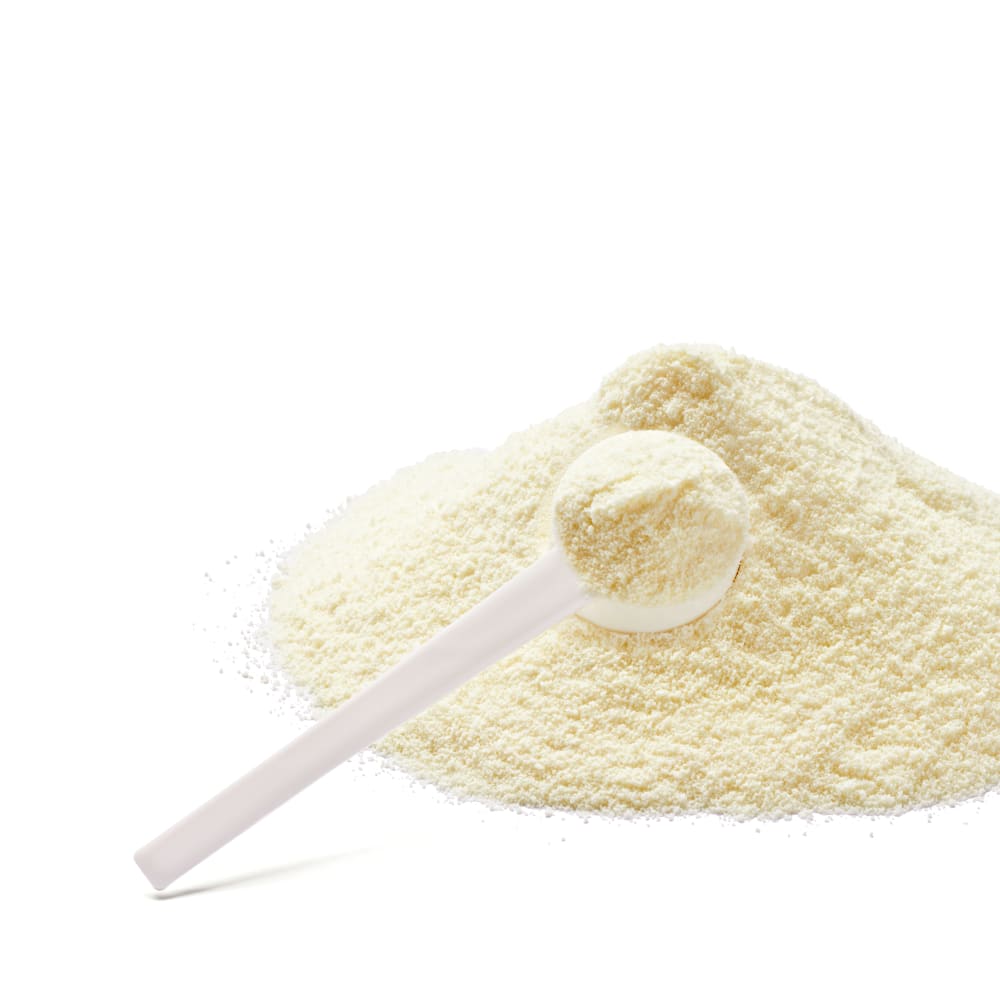
Spray drying is a commonly used technique to convert liquid solutions, such as sodium citrate, into dry powders for improved handling, storage, and transportation. Sodium citrate is a salt derived from citric acid and is commonly used as a food additive and a buffering agent in the pharmaceutical industry.
The spray drying process involves atomizing a solution of sodium citrate in water into a fine mist, which is then dried in a stream of hot air. The resulting dry powder consists of small, spherical particles with controlled size and shape. The process allows for the production of a large quantity of uniform particles with excellent flowability and dispersion properties.
The properties of the sodium citrate powders produced by spray drying can be tailored by adjusting the process parameters, such as the inlet temperature, feed rate, and drying time. The use of different drying aids or additives can also affect the properties of the final powder.
Overall, spray drying is an effective method for producing sodium citrate powders with controlled properties, which can be used in a wide range of applications. The process allows for the production of a large quantity of uniform particles with excellent flowability and dispersion properties, which can improve the functional properties of the final product.
Please find starting paramters and some Results in this Application Note.










